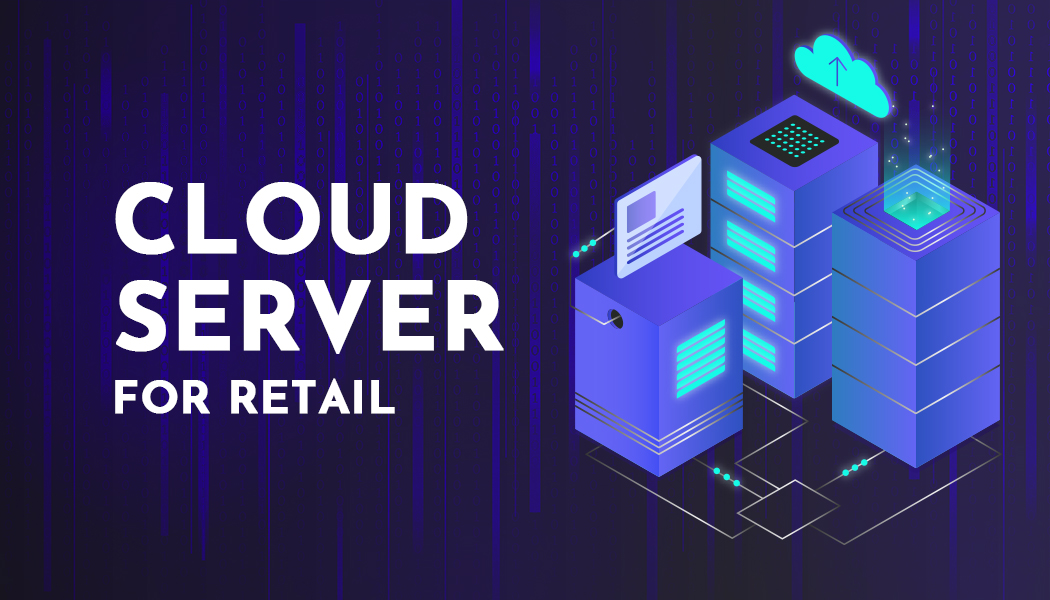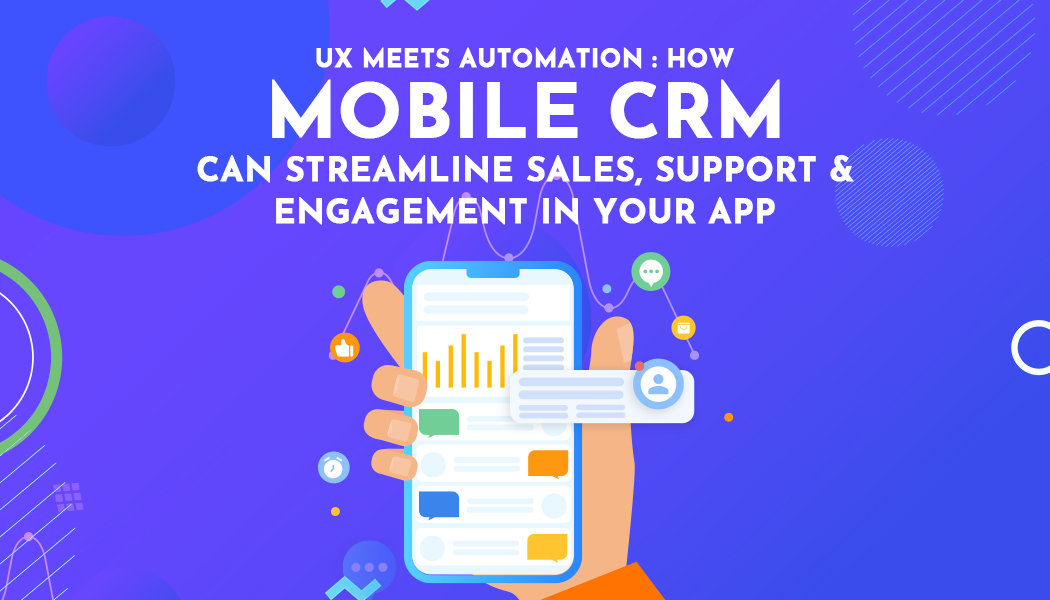Cloud server for retail
According to a research study by CDI, the retail cloud solutions market is expected to reach a size of $109.98 billion by 2030. This growth is driven by the global development of e-commerce as the retail industry is becoming increasingly dependent on IT infrastructure. Companies prefer cloud-based solutions as they effectively combine the technological features of e-commerce platforms and typical retail tasks. The trend is predicted to continue throughout the decade.
Efficiency, flexibility, and scalability of infrastructure are all critical for retail businesses, and today's technological innovations are opening up new opportunities. One of the key tools that has become integral to modern businesses is the cloud server. In this article, we will look at the advantages of cloud servers over local ones and the options for integrating them into retail infrastructure.
Benefits of cloud infrastructure
Virtual servers allow retailers to build a flexible, reliable, and cost-effective infrastructure to help drive business growth and development. Other benefits include:
· Flexibility and scalability. Retailers can quickly scale up or down computing capacity in the cloud, allowing them to adapt to changing market conditions and seasonal peaks.
· Reliability and Availability. Cloud providers usually provide guarantees of fault tolerance and data redundancy, which ensures uninterrupted system operation and protection against data loss.
· Easy updates and maintenance. Unlike on-premises infrastructure, where hardware updates and maintenance can be time-consuming and costly tasks, cloud servers ensure automatic updates and technical support by the provider. This allows retailers to focus on their business while minimizing infrastructure maintenance costs.
· Cost-effectiveness. The use of cloud technology reduces operating costs as there is no need to invest in expensive hardware and its maintenance. Cloud infrastructure management services further optimize expenses by automating operations and ensuring efficient resource utilization.
· Easy implementation and support. Cloud solutions are seamlessly implemented and maintained by the provider, allowing retailers to focus on their business, minimizing the cost and complexity of infrastructure management.
· Data Security. Cloud providers ensure a high level of data security, including encryption and backup mechanisms plus multi-level authentication systems. This is especially important for retailers, considering the importance and confidentiality of customer information.
How cloud is used in the retail industry?
We can distinguish the following use cases for cloud infrastructure in retail:
1. Sales management. Retailers can use cloud servers such as retail CRM to store and process data including online catalogs,product information, orders, and customer data. Cloud servers provide high availability and scalability, allowing retailers to manage their sales efficiently.
2. Data Integration and Analytics. Cloud technology provides an opportunity to integrate a retailer's various systems and analyze data to help optimize processes and make informed decisions.
3. Supply chain and logistics management. Cloud servers can be integrated with a retailer's supply management and logistics systems. This allows the retailer to track inventory, optimize logistics processes, automate inventory management, and improve supply chain efficiency.
4. Mobile applications and platforms. Cloud servers provide a convenient platform for developing and hosting mobile applications. Retailers can create mobile applications to improve customer experience, manage loyalty and deliver personalized offers.
Cloud servers are a powerful
tool to improve the efficiency, flexibility, and scalability of IT
infrastructure in retail. By integrating cloud infrastructure into various
workflows, businesses can optimize processes, improve customer experience and
make informed decisions based on data.




